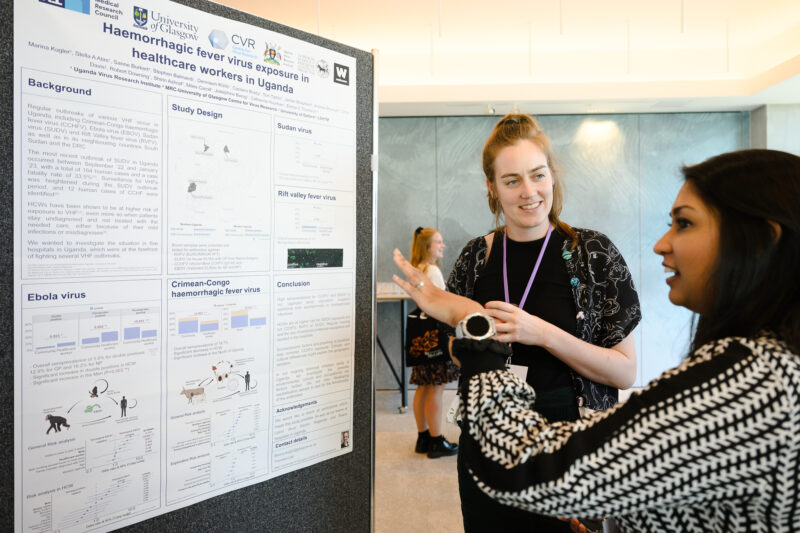Creating Connections across the North West
March 28, 2024

As part of The Pandemic Institute Scientific Meeting this coming October, we are pleased to invite you to submit a poster abstract for consideration. Posters must cover an aspect of emerging threats or pandemic science, and we particularly encourage posters that show cross-collaborative working. You can submit your abstract here: The Pandemic Institute Scientific Meeting…

A major new initiative aimed at strengthening Southeast Asia’s ability to prevent, detect, and respond to health threats has launched in Kuala Lumpur, Malaysia today. The Pandemic Institute supports the five-year programme as a UK academic and technical partner, helping to connect and coordinate experts from across the UK. The ASEAN-UK Health Security Partnership Programme…